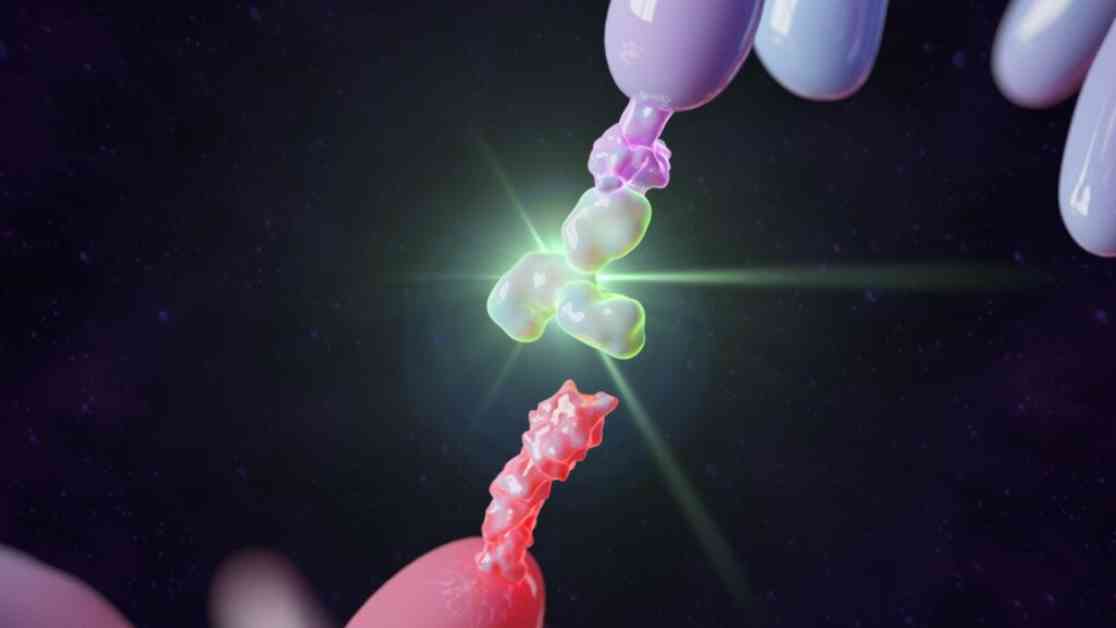Revolutionizing Cancer Treatment: The Rise of Bispecific Antibodies
In the realm of cancer treatment, a groundbreaking shift is on the horizon with the rise of bispecific antibodies. These innovative drugs have the potential to challenge the dominance of immune checkpoint inhibitors like Merck’s Keytruda and Bristol Myers Squibb’s Opdivo, which have been pivotal in advancing cancer therapies.
The Game-Changing Potential of Bispecific Antibodies
Bispecific antibodies represent a new frontier in cancer treatment, targeting two specific cancer proteins simultaneously. This dual-target approach, particularly focusing on the proteins VEGF and either PD-1 or PD-L1, has caught the attention of experts like Özlem Türeci from BioNTech. Türeci believes that this combination could serve as a versatile and effective treatment platform for various types of tumors, paving the way for the next generation of checkpoint modulators.
A Surge of Interest and Promising Clinical Data
Recent months have seen a surge of interest in bispecific antibodies from both biotech and pharmaceutical companies. The catalyst for this increased attention was the presentation of compelling clinical data by Summit Therapeutics. In a Phase 3 clinical trial focusing on advanced lung cancer patients, Summit’s PD-1 and VEGF bispecific antibody outperformed Keytruda, signaling a potential shift in the landscape of cancer treatment.
Expert Insights and Future Implications
Experts in the field have lauded the potential of bispecific antibodies to revolutionize cancer treatment. The ability to target multiple cancer proteins simultaneously opens up new avenues for more personalized and effective therapies. As the momentum behind these innovative drugs grows, the future of cancer treatment looks increasingly promising.
Angus Chen, a seasoned journalist with a passion for cancer-related issues, brings a unique perspective to this evolving narrative. His dedication to covering the latest advancements in cancer treatment underscores the importance of staying informed and engaged in the ongoing battle against this formidable disease.

















